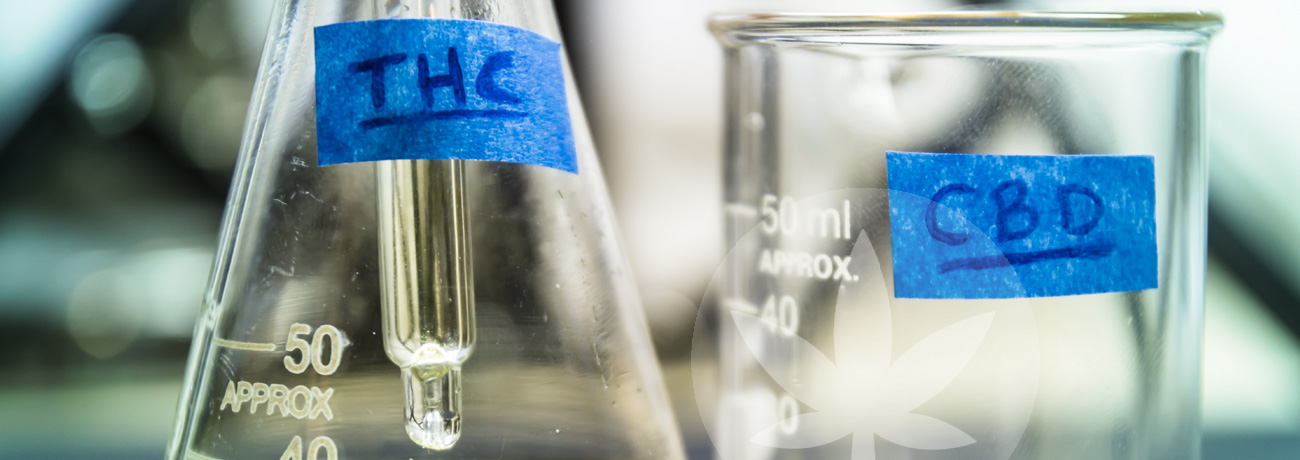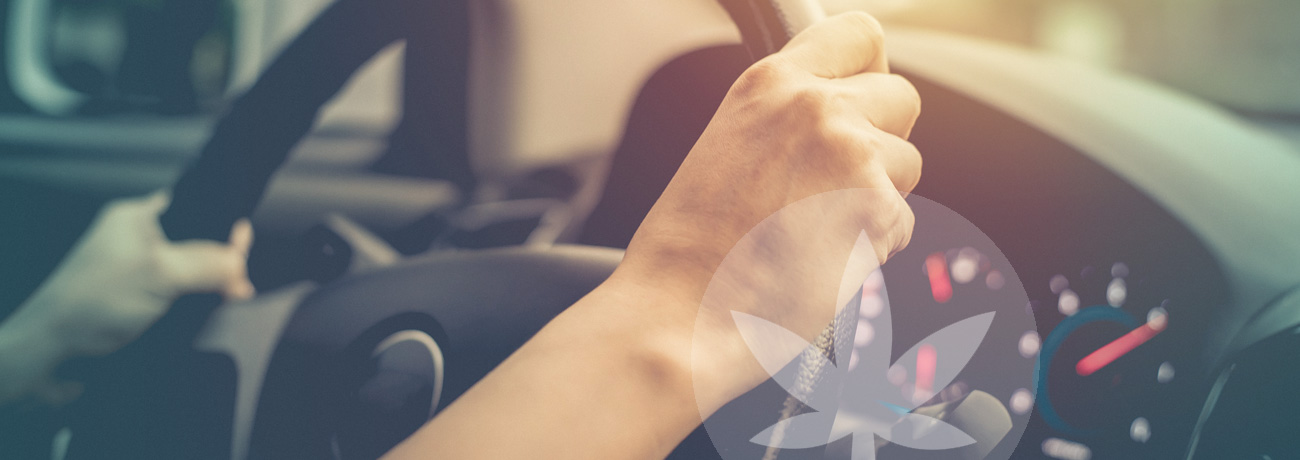Can You Take CBD and Drive Afterwards?
Last updated:
Published:
Can you consume CBD and drive?
CBD’s affiliation with cannabis often sees it treated the same as THC. One area that this case of mistaken identity can severely impact peoples’ lives is mobility—specifically, the ability to drive while taking CBD. Due to CBD’s rapid rise in popularity, there is a belief that the compound may impact your spatial awareness, reactions, and depth perception—all essential skills on the road.
While it is true that THC induces the kind of side effects listed above, CBD oil shouldn’t—as long the oil has been appropriately prepared. Knowing what is and isn’t contained within a CBD product is vital. Keep cannabinoid ratios focused on CBD, and not only will products be legal (in the majority of countries), but trace amounts of THC will have a negligible impact.
Why CBD is different from THC
CBD is fundamentally different from THC. Not only at a molecular level, but also in the way the compound interacts with the endocannabinoid system (ECS). Cannabidiol has an indirect effect on our ECS. It stimulates the binding efficiency of CB1 and CB2 receptors, while also influencing the production of metabolic enzymes. For example, CBD has been shown to inhibit enzymes that break down the mood-boosting endocannabinoid anandamide (AEA). CBD supports an all-round improvement in how the ECS operates, hence the vast number of potential benefits that CBD has in its repertoire.
Because CBD does not bind directly with CB1 receptors, it does not influence memory or coordination, neither does it slow reactions in the same way as THC does. Another common misconception is that CBD’s ability to support a good night’s sleep makes you drowsy—this is doesn’t appear to be the case.

A study published by Frontiers in Pharmacology found that “CBD does not appear to interfere with the sleep cycle of healthy volunteers”. Instead, it has been found to support your body’s natural sleep and wake cycle. As part of a healthy lifestyle, CBD can be consumed without fear of it negatively affecting the way you feel, especially while driving.
Now, the next obvious question is: what if a CBD oil is full-spectrum and contains trace amounts of THC?
For CBD products to comply with legal regulations, nations impose a limit on the amount of THC they can contain. Parameters can vary, but in the majority of cases, THC levels shouldn't be higher than 0.2-0.3%. As long as CBD has been carefully extracted from commercial hemp, adhering to these restrictions is simple.
Many companies (like Cibdol) publish results of independent tests to prove that their CBD oil follows the correct guidelines. At trace amounts, THC has a negligible impact on your ECS, and is, therefore, safe to consume while you go about your daily life—driving included!
CBD’s lack of toxicity means it shouldn’t affect daily life
CBD is not psychotropic and won’t leave you feeling intoxicated. For the vast majority of users, it can be consumed without fear of adverse changes to mood, or your ability to drive. However, while CBD has earned an excellent safety profile, everyone is unique, and that means your endocannabinoid system is too.
If you are trying CBD for the first time, it is always wise to start with a low dose to test the waters. Use your own judgement, and once you are comfortable with CBD’s effects, normal driving routines can resume.












